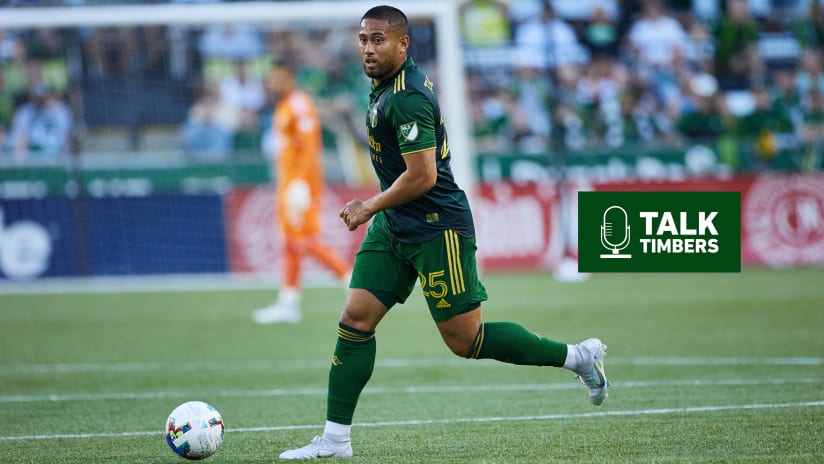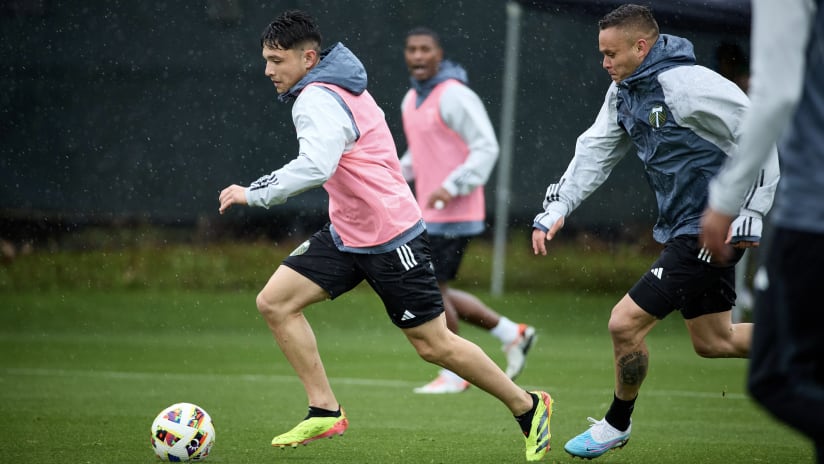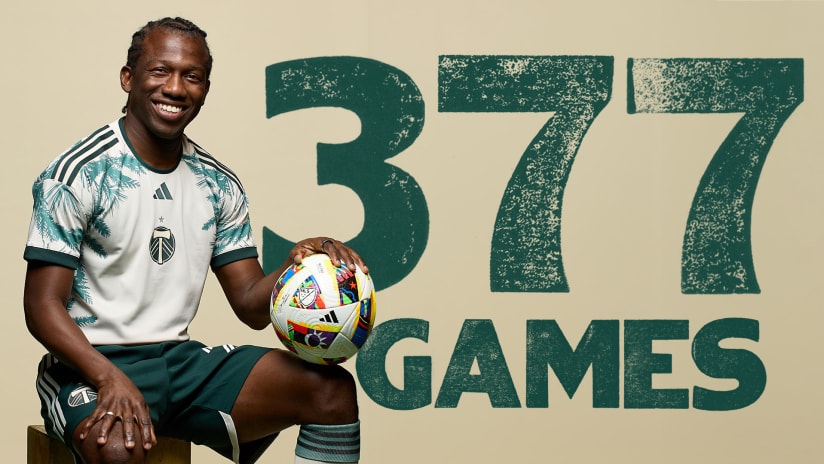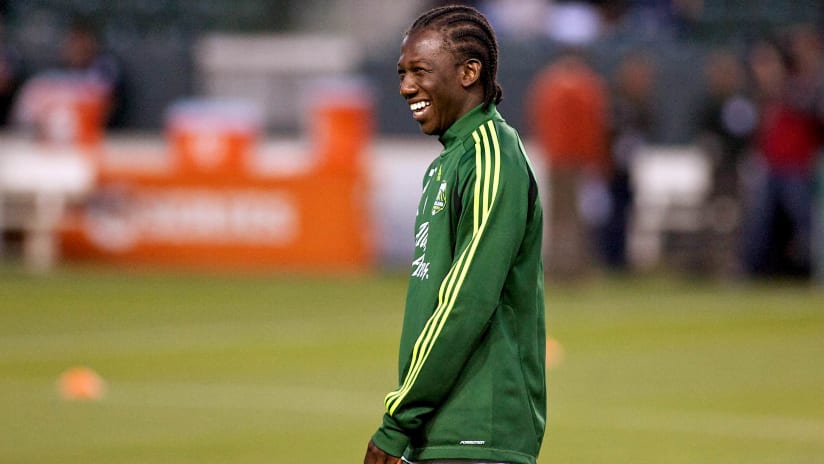PORTLAND, Ore. – Portland Thorns FC defender Meghan Klingenberg has always gotten a special thrill from proving her doubters wrong.
When she was 11 years-old, Klingenberg was the youngest kid by far on her state's Olympic Development (ODP) team, something that her ODP teammates constantly reminded her of. Their constant good-natured banter, though, only demonstrated to Klingenberg that she belonged.
If she wasn't one of the best players in camp, she figured, then why joke with her?
That hard-nosed tenacity and insatiable competitive drive have been hardwired into Klingenberg since as far back as she can remember. They're the qualities that have taken the defender from her modest beginnings in West Pennsylvania to the winner's dais at the 2015 FIFA Women's World Cup.
Klingenberg's parents, Kristen and Daniel, played a huge part in shaping the young athlete, encouraging their headstrong daughter from a young age to take up any and every activity that she could. Basketball, softball and karate were all favorites of the young Klingenberg, but soccer, ironically, was low on that list.
That is until Kristen took her nine year-old daughter on a road trip to Chapel Hill, N.C. to watch the University of North Carolina women's soccer team. Seeing coach Anson Dorrance's powerhouse Tar Heels dismantle their opponent with such balletic grace and competitive ferocity convinced Klingenberg to give soccer another chance.
The rest, of course, is history.
- WATCH: 1v1 with Lindsey Horan
“I always wanted and want to be the best,” Klingenberg says. “I don't understand being mediocre at something when you can be much better. I think you should be able to pursue something and keep getting better at something and be your best...You should always want to get to your personal best regardless of what it is.”
It didn't matter that she came from a place not known for producing great soccer players. It didn't matter that she wasn't tall or physically imposing like the other girls. It didn't matter that the older kids made fun of her. It didn't matter that everyone else said it was impossible.
Meghan Klingenberg dreamed big dreams and her perseverance made those dreams reality.
She also just wanted to play.
So when U-20 Women's National Team head coach Tony DiCicco asked Klingenberg if she was open to a positional switch to outside back during the 2008 U-20 Women's World Cup cycle, Klingenberg kept an open mind.
“Sure, why the heck not?” she told her coach.
At first, though, Klingenberg struggled.
A long-time winger and forward used to scoring and creating goals, Klingenberg worried that her offensive game would stagnate playing along the back line.
“That was kind of a tough transition for me because as an attacking player who wanted to score and make assists and make things happen, I felt as if I couldn't do that back there,” she says. “But Tony [DiCicco] was the first person who encouraged me to get forward and take risks and get into the attack. Because he did that I was OK with being in the back line.”
Just like she did when she was nine, Klingenberg worked at this transition to defense tirelessly until she felt she had achieved a level of mastery.
Now widely regarded as one of the best players at her position in the world, Klingenberg remains unsatisfied. Her sights, she says, are set even higher.
“What I really think about and what I strive for and what I want to do with my career is reach my personal excellence, my personal best in whatever I do,” she says. “I want to be the best outside left back or right back that I can be and I want to be the best in the world.”
Klingenberg's intensity and focus on the pitch – amply demonstrated by her Cup-altering clearance off the goal line against Sweden – helped the U.S. Women hoist the World Cup trophy in Vancouver last summer. Klingenberg brings that same level of passion with her to the Thorns.
“I hope that I'm able to bring a level of intensity and commitment that will help make the players around me better,” she says. “I want to make every single player on the field that plays around me better because I'm playing and because I'm playing well and propping them up when they need to be propped up.
“Hopefully, I can make everyone around me better and they can make each person around them better and as we do that together we can become the best team in the league.”














